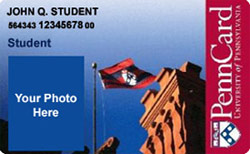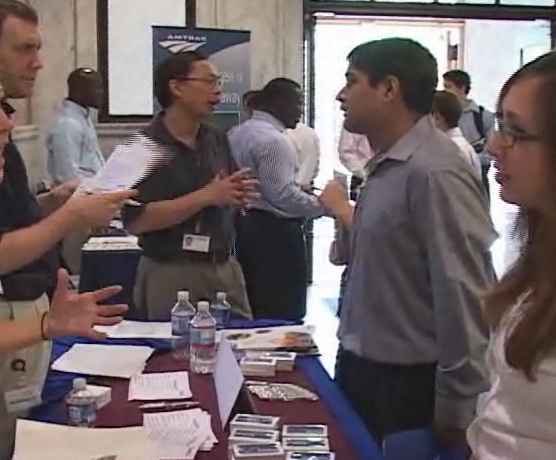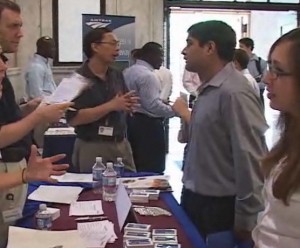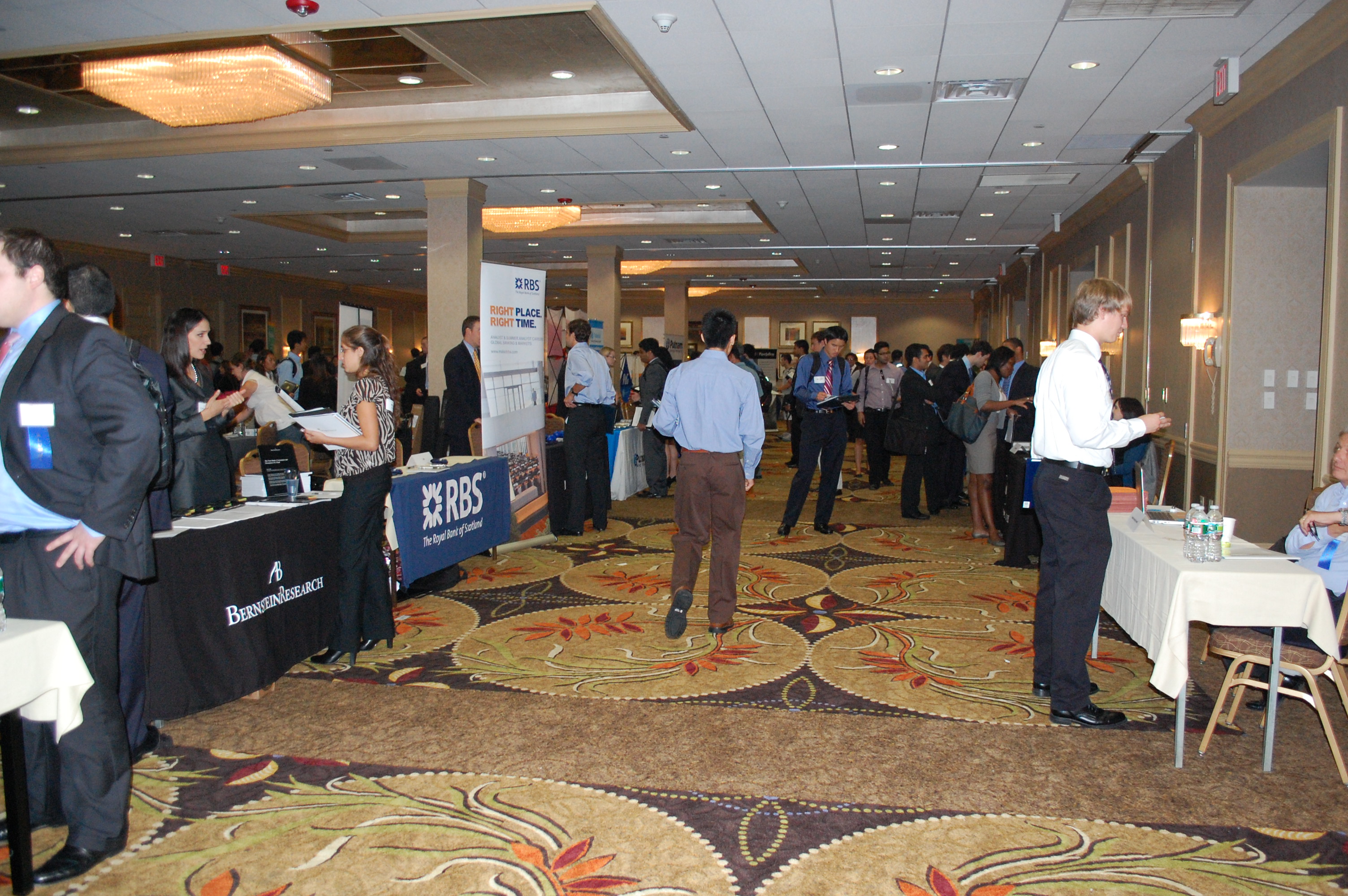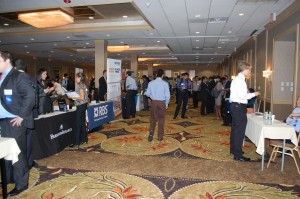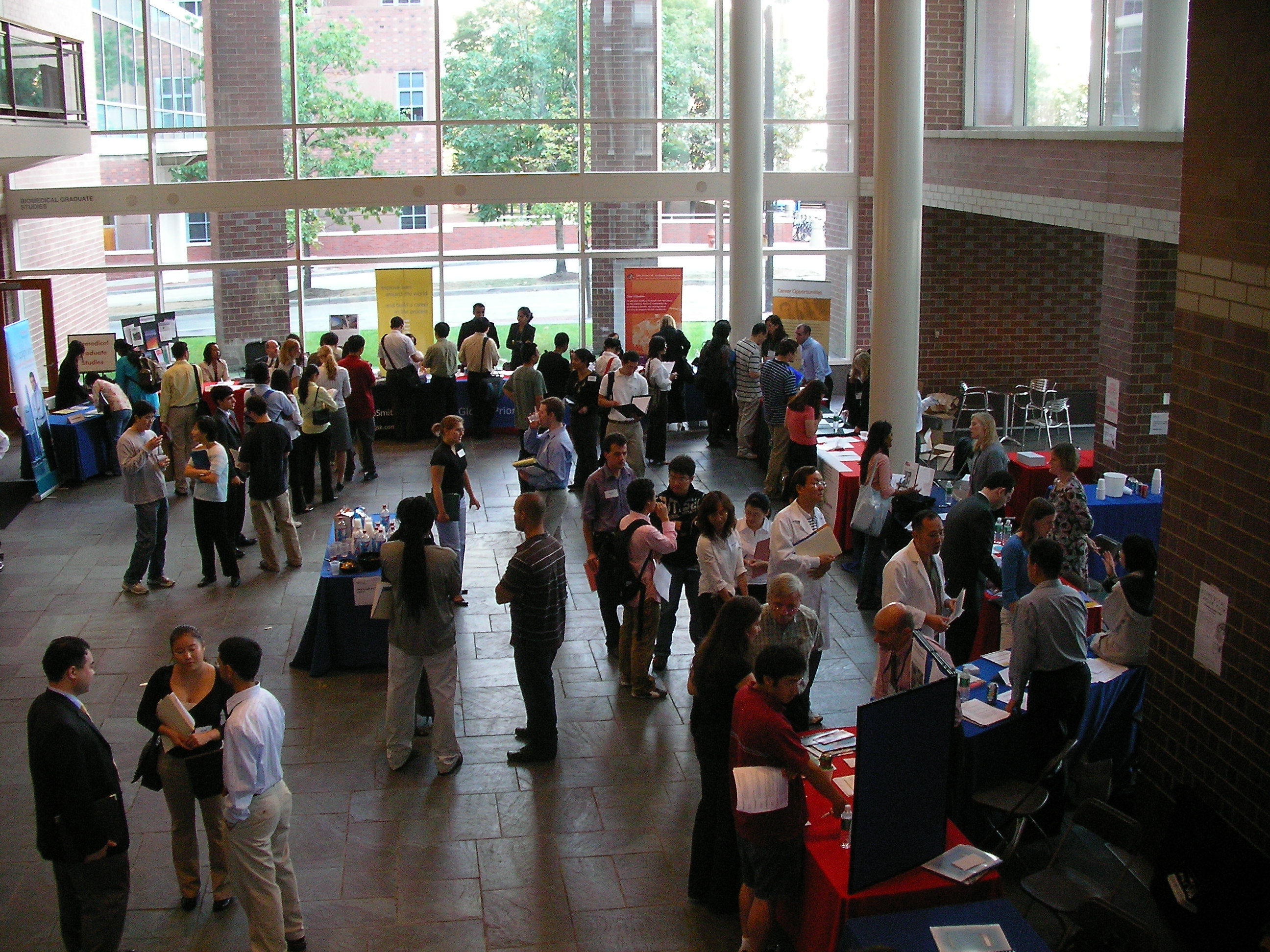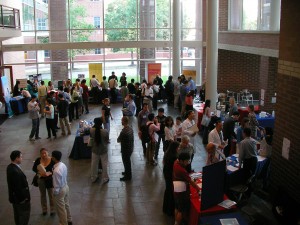by Rohini Venkatraman, C’10
Through college, the “next step” in my life had always been pretty clear-cut. I’ve sort of always had a vision for myself – goals, wishes, motivations – and there was usually just one option that made sense. Most of the time, there wasn’t much of a choice anyway. School for example. “Graduating” 8th grade only meant the start of high school. And well, college wasn’t exactly optional after attending a college preparatory school.
I’ve heard that a majority of students change their major at least three times during college. I changed it once: from Undeclared to Psychology. While college is a time for social and academic exploration, my academic exploration was within the limits of foundational and sector requirements. And throughout my four years, I took pride in the fact that you can really do “anything” after having studied something like Psychology.
Well, you sure can do “anything” with a major like Psychology, which is why I spent a majority of my senior year panicked about “my future” and “the rest of my life.” I felt like my peers, especially those in Wharton, were on a concrete career path. Some had jobs lined up before senior year had even started and others were swept up within the first month. Hell just the fact that they were running in and out of Huntsman wearing suits was enough to remind me that they (seemingly) had their lives together and that I didn’t. But I didn’t try to actively change this early on. I spent the entirety of my first semester and even some of second trying to identify my “dream job.” My plan was to identify it, then apply (and hopefully get offered the job). Needless to say, this myopic lense was exactly how not to approach the job search.
My panic attack hit somewhere in February when I suddenly realized that my sophomore and junior friends were being offered summer internships and I still didn’t have a fulltime job.
The next thing I knew, I was sitting at a table at Saxbys with an all-too-large cup of coffee poring over PennLink. Any opportunity that seemed even remotely relevant to my course of study or passions (Psychology, writing, technology) became an option. I began emailing out my resume like crazy. Resume spam would be the best way to put it. I couldn’t even give you a list of all the companies to which I applied (not ideal, if I had to go back and do this, I’d probably, in the least, maintain a list).
Several weeks after this episode, I received a call from an unknown number. It turned out to be an HR representative doing an application screener for a rotational program at Intuit (the maker of TurboTax, QuickBooks, and now Mint.com) based in Mountain View, CA. My job is just to make sure that your general interest in the opportunity fits she said. I was only barely listening as I racked my brain trying to remember any details of the opportunity. A couple rounds of interviews later, I found myself employed.
Fast forward to today, I am an Associate in Intuit’s Rotational Development Program, a full-time 2-year rotational program with a focus on developing key functional and leadership skills. My specific focus is in Marketing and Product Management. In addition to six-month rotations in each, I will also have the chance to explore areas like Design and Corporate Strategy & Development during my time in the program. So no, I didn’t find one perfect job. I found four. I graduated from Penn over 12 months ago (where does the time go?!) and I’m still figuring things out. And the weirdest thing is that this is completely normal.
The beauty of Intuit’s rotational program, and well, the post-college world in general, is that it allows you to explore the vast array of opportunities that exist out there. The lack of structure is a blessing in disguise. It allows you to determine your interests and strengths (you’re even allowed to fail once in a while). Don’t think you need to know what or where you want to be coming in, because the truth is, nobody does. You’ll find yourself standing at more and more forks in the road and each time, you’ll learn a little more about yourself.
Last Wednesday evening, I was sitting on an Intuit patio enjoying wine (yes, fun still exists in the real world!) with coworkers who have years of experience on me. I told them I was still trying to figure out what I’m doing with my life, to which one responded, “You know, so am I. I don’t think anyone ever knows. You just sort of fall into roles and then they take their course.”
To throw out some numbers, I applied to around twenty positions, heard back from five, had interviews at three and got offers from two. Don’t spend your senior year of college worrying about your future (think about it, just don’t worry about it). You have the rest of your life to do that. Drink college to the lees. Realize how privileged you are to have world-class professors standing in front of you everyday sharing breaking research findings. Appreciate the fact that the people you have grown to love over the past four years are always just a stone’s throw away. And remember that with an open mind, determination, and a stamp like “University of Pennsylvania” on your resume, things will eventually (and always) fall into place.


